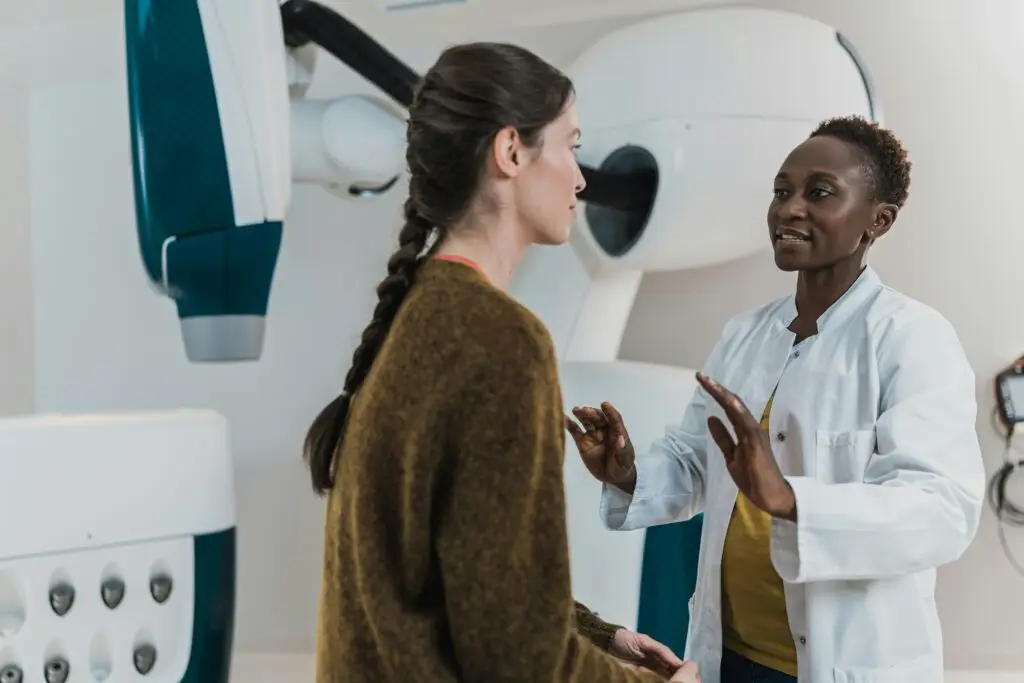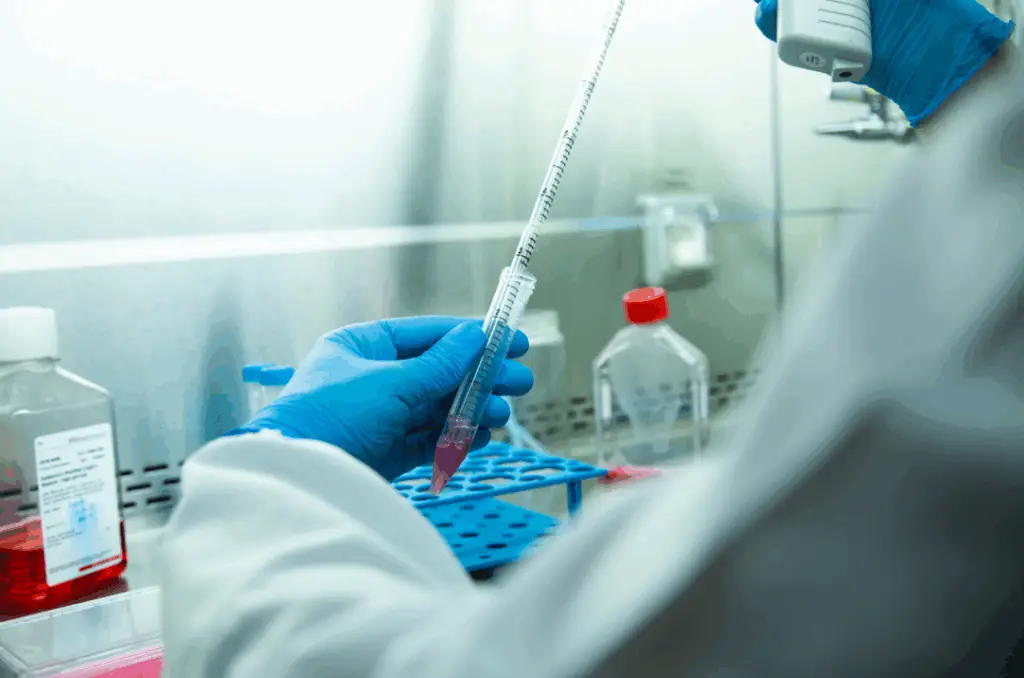Pancreatic cancer is a challenging form of cancer with a low survival rate. Pancreatic cancer often presents with vague symptoms in its early stages, making early detection difficult. As the disease progresses, it can lead to severe complications and impact various aspects of a patient’s life.
Pancreatic cancer is a devastating disease that not only affects the physical health of patients but also takes a toll on their emotional well-being. Moreover, the impact extends to their families and caregivers, who experience a rollercoaster of emotions as they navigate the challenges alongside their loved ones. Its emotional impact on both patients and their families cannot be overlooked.
Recognizing the significance of addressing the emotional impact, this blog explores the emotional challenges faced by pancreatic cancer patients and their families. By understanding the importance of emotional support, exploring strategies for providing it, and highlighting available resources, we can help support those affected by this disease.
I. Understanding the Emotional Journey of Pancreatic Cancer
- Emotional challenges faced by patients
Patients diagnosed with pancreatic cancer often experience a whirlwind of emotions. The shock and disbelief of pancreatic cancer patients upon receiving the diagnosis can be overwhelming. The fear and anxiety about treatment options, prognosis, and uncertainty about the future add to their emotional burden. Coping with the disease’s physical symptoms and the impact on daily life can lead to feelings of depression, sadness, and frustration.
- Emotional challenges faced by family members
Families of pancreatic cancer patients also endure a rollercoaster of emotions. The initial shock and grief upon learning about the diagnosis can be emotionally distressing. Supporting their loved ones through treatment and its challenges can lead to feelings of anxiety and stress. The uncertainty about the future and the fear of losing their loved one may cause additional emotional strain. Guilt and sadness can arise from witnessing their family member’s suffering and feeling powerless to help.
II. Importance of Emotional Support for Patients and Families
- Impact of Emotional Well-being on Overall Health
Emotional well-being plays a crucial role in the overall health and quality of life of pancreatic cancer patients and their families. Emotional and mental health are closely linked to physical health. When patients experience a strong foundation of emotional well-being, it can lead to better treatment outcomes and improve their ability to cope with the challenges of the disease.
- Benefits of Emotional Support During Treatment
During the course of treatment for pancreatic cancer, emotional support can be a lifeline for patients and their families. Having a strong support system can reduce stress and anxiety levels, providing patients with the emotional strength needed to endure difficult treatments. Emotional support promotes feelings of hope and optimism, empowering patients to stay engaged in their treatment plans and adhere to medical recommendations.
- Long-term Effects of Emotional Support Post-Treatment
Even after treatment has been completed, emotional support continues to play a crucial role in the lives of pancreatic cancer survivors and their families. The emotional toll of the disease may persist long after physical recovery. Supportive networks can help individuals manage the emotional effects of cancer, cope with lingering fears, and rebuild their lives after treatment.
- Role of Emotional Support in Coping with Grief and Loss
Not all pancreatic cancer journeys have a positive outcome. In such cases, emotional support is essential for the grieving process of the patient’s family. Grief counseling and bereavement support are forms of specialized support provided to individuals who are experiencing grief and loss. While they are related, they have different focuses and timing in the grieving process. Whether through one-on-one counseling or participation in support groups, these services provide valuable resources and compassionate care to help individuals navigate their grief journey and find ways to heal and rebuild their lives after loss.
III. Strategies for Providing Emotional Support
- Encouraging open communication
Creating a safe space for patients and families to express their emotions is crucial. Encouraging open and honest conversations about fears, concerns, and emotions within the support network helps patients and families feel heard, validated, and supported throughout their journey.
- Connecting with support networks
Joining support groups or seeking professional counseling can provide patients and families with a supportive community where they can share experiences, learn coping strategies, and gain emotional validation. Interacting with others facing similar challenges can create a sense of belonging and reduce feelings of isolation.
- Promoting self-care and well-being
Promoting healthy coping and self-care practices, like engaging in enjoyable and relaxing activities, can ease emotional distress for patients and families. Prioritizing self-compassion and self-nurturing activities is essential for emotional well-being during this challenging time.
IV. Resources for Emotional Support
- Local and national organizations specializing in pancreatic cancer
Specialized organizations for pancreatic cancer offer support services and helplines to assist patients and families. Their trained staff and volunteers provide valuable information, educational resources, and emotional support while addressing questions and concerns.
- Online platforms and communities
Online support groups and communities offer a convenient and accessible venue for individuals to connect with others who face similar challenges. Through these platforms, people can openly share their experiences, seek emotional support, and find comfort or relief, and reassurance within the supportive group dynamic.
- Books and literature on coping with cancer
Books and literature on coping with cancer provide valuable insights and strategies for emotional well-being during the pancreatic cancer journey. These resources offer practical advice and inspirational stories that can empower patients and families to face their emotional challenges with strength and determination.
- Professional counseling and therapy services
Professional counseling and therapy services offer personalized support and guidance for patients and families as they manage the emotional challenges of the disease. Mental health professionals experienced in oncology can help patients and families process their emotions, develop coping strategies, and find ways to adapt to the changes brought on by pancreatic cancer.
V. Case Studies: Real Stories of Emotional Support
Sharing personal narratives of pancreatic cancer patients and their families who have received emotional support can demonstrate the positive impact it can have on their journey. These stories highlight the strength and the ability to recover of individuals who have found comfort and guidance through emotional support. Real-life experiences provide hope and inspiration to others facing similar challenges.

The emotional journey of patients and families facing pancreatic cancer can be overwhelming. Addressing the emotional impact of pancreatic cancer is crucial for patient care and family support. Let’s unite in providing a strong support system for those facing pancreatic cancer by offering resources and raising awareness for emotional support. Together, we can make a positive difference, empowering patients and families to face their emotional challenges with hope.
Join us in supporting cancer survivors! Connect, support, and share resources with those bravely facing life as cancer survivors. Make a difference with your donation! Join our mission to advance early detection of pancreatic cancer and save precious lives.
TrovaNow is an organization that raises funds to support the Pancreatic Cancer Early Detection (PRECEDE) Consortium. Visit www.trovanow.com to get involved and donate today!





